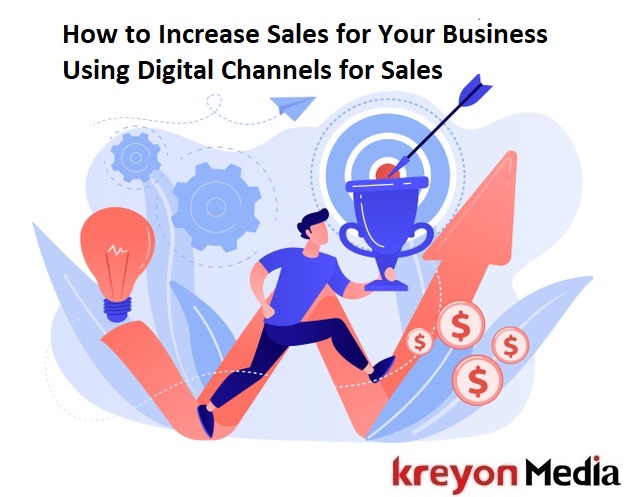How to Master Your Mind: Tips by David Goggins

Mental toughness demands discipline, hard work and constant application. David Goggins is one of the finest American athletes, who has trained himself to run over 100 mile marathons, served the American Airforce and been an ex Navy Seal. He has learnt to harness the power of his mind to achieve, transform and push limits of what one can accomplish in his life. David Goggins believes mastering your mind plays a great role in shaping the success of every person.
Even Olympic athletes and gold medal winners understand that mental focus, training and discipline plays a crucial role in their success. “What separates the gold medalists from the silver medalists is simply the mental game,” says Shannon Miller, an Olympic gold medal winning gymnast. She was also the first US gymnast to win 2 world all -around titles. Shannon has won an incredible 59 medals at international events.
Success is achieved by mastering your mind and taking control of your life. Here’s a look at the key lessons from David Goggins to master your mind:
1. Accountability Mirror
David Goggins says, “Pain unlocks a secret doorway in the mind, one that leads to both peak performance, and beautiful silence.”
Goggins took accountability for his own life by persistent efforts. He managed to develop a strong work ethic, laboured through his days and became comfortable in pain. He says, “The confidence I’d managed to develop didn’t come from a perfect family or God-given talent. It came from personal accountability which brought me self respect, and self-respect will always light a way forward.”
He practices a technique called the accountability mirror. Whether it was raining or snowing, when Goggins looks into the mirror, he gets ready to train. The accountability mirror gives Goggins the boost he needs to get on his training shoes, come what may. He’s pushed through pain, discomfort and derives pleasure from his every day battles. This mindset helps one develop resilience and mental toughness.
2. 40% Rule

Body and mind are capable of achieving extraordinary feats, when they are driven to their maximum capacity. Goggins says, “Most of us give up when we’ve only given around 40 percent of our maximum effort. Even when we feel like we’ve reached our absolute limit, we still have 60 percent more to give!”
Goggins further elaborates on the 40% rule, “Once you know that to be true, it’s simply a matter of stretching your pain tolerance, letting go of your identity and all your self-limiting stories, so you can get to 60 percent, then 80 percent and beyond without giving up. I call this ‘The 40% Rule’, and the reason it’s so powerful is that if you follow it, you will unlock your mind to new levels of performance and excellence in sports and in life.
When the mind is stretched to the absolute limits, it develops a certain sense of silence, stillness and energy that helps it achieve the extraordinary things.You can literally astound yourself by what you can achieve in your life by pushing your boundaries constantly.
3. Being Present
All great achievers are living in the present not the past. The present moment awareness helps you develop a keen perception, awareness and focus. Great professionals, athletes, & entrepreneurs never take things for granted. They don’t feel entitled to anything, because they have achieved something in the past. They go out there and do things every day of the week that gives them the edge over others.
They take care of their mind to develop a detachment from distractions and comforts around them. They zone into their work routines, practice and do what they need to do. David Goggin writes, “Nobody cares what you did yesterday. What have you done today to better yourself”
Mastering your mind needs present moment awareness. The most notable accomplishments of human beings often come from a still mind and stillness of the mind comes from focus. You have to develop a strong work ethic, where your goal is constant improvement and completing every task to the best of your ability without compromising.
4. Earn Your Victories
 Most people wish for things, but never work hard enough to earn them. Wishing and expecting things doesn’t make them happen for you. Great achievers are driven by their efforts, the train, and that is the reason they achieve.
Most people wish for things, but never work hard enough to earn them. Wishing and expecting things doesn’t make them happen for you. Great achievers are driven by their efforts, the train, and that is the reason they achieve.
Your mind plays tricks with you and wants to trap you into comfort zones. By training your mind, you can control it. David Goggins says, “In the military we always say we don’t rise to the level of our expectations, we fall to the level of our training,”
Great athletes, military professionals and all top achievers are driven by small drills. These drills are routines and triggers to help them get into action. In the longer run, the path of least resistance creates more problems than it avoids. Great victories are a result of persistent efforts over a long period of time. You can either get better everyday or get worse, the choice is with you.
5. Mind Game
Nothing has more impact on our lives than our mind. Even in the most gruelling and intensely physical activities like sports, the mind has a tremendous impact. A person who learns to understand his thoughts, thinking patterns and mind eventually triumphs in his field.
A person who has mastered his mind can achieve great accomplishments beyond what most people think is possible.
Goggins says, “Everything in life is a mind game! Whenever we get swept under by life’s dramas, large and small, we are forgetting that no matter how bad the pain gets, no matter how harrowing the torture, all bad things end.”
Goggins broke the Guiness world record for most pull ups by a person in October, 2020. This was after two failed attempts. Goggins managed to do 4,030 pull ups, despite having serious health issues, skin peeling off his hand and Kidney ailments.
When you master your mind, you take charge of your life and improve your performance in whatever you do. Managing your mind will help you prevail over the pains, struggles and hardships. You can transcend all your limitations, overcome your obstacles and achieve whatever you set your mind to. Your mind is the master key to your success in life.











 Steve Jobs was one of the most fascinating leaders of our times. He understood marketing better than any of his peers. Apple campaigns stood out and made it a noticeable brand in the early years. Jobs perfected his delivery and launched products with enthusiasm and energy that attracted followers around the world.
Steve Jobs was one of the most fascinating leaders of our times. He understood marketing better than any of his peers. Apple campaigns stood out and made it a noticeable brand in the early years. Jobs perfected his delivery and launched products with enthusiasm and energy that attracted followers around the world.










